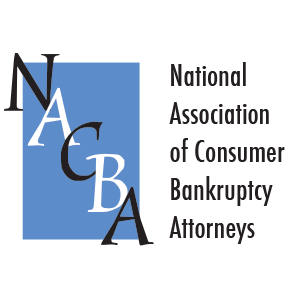Student Loan debt is on the rise. There is over a trillion dollars in student loan debt out there. This has surpassed credit card debt and is trumped only be mortgage in terms of consumer debt.
This is arguably the next bubble, so what is Congress going to do about this?
There are two big pieces of legislation floating around the Hill right now.
The Student Loan Fairness Act
This bill deals primarily with federal loans. The bill would cap interest at 3.4% on federal loans and would forgive up to $45,000.00 in student loan debt should the borrower make ten years of timely payments. Assuming you took out debt prior to the enactment of the act your balance a the end of the act would be $0.00
This should help a bit after the fact but won’t do much to help defaulted borrowers get back on track.
The Private Student Loan Bankruptcy Fairness Act
The other piece of legislation deals more closely with bankruptcy, which is what we at Bruce C. Truesdale PC deal in. Though the details are vague at best it appears that Senator Dick Durbin is proposing that private student loans be treated as dischargable in bankruptcy cases the same way your credit cards or any other unsecured debt you may have has been.
I find this to be a far more helpful piece of legislation on the whole, namely because the federal loans above have built in programs such as income based repayment to help out borrowers that have defaulted or are about to default, whereas private student loans do not offer any of those programs and have some really troublesome collection practices.
Now to the meet of the issue, will either of these pass?
Who knows.
Congress seems to be in agreement that the student loan debt crisis is in fact a crisis. The student loan debt problem is not just a giant bill that will at some point come due, it is also a drag on the economy. Student loan bills are stopping young people burdened with debt from buying houses, getting married, and having kids. These three things are big drivers of the economy, particularly housing. On top of it all student loans forgiveness is politically popular and that could really help out borrowers in distress and hoping for action on the part of Congress.
Saddle by student loans and other debts? Give our office a call at 732-302-9600 or fill out our online consultation form and we will call you.







